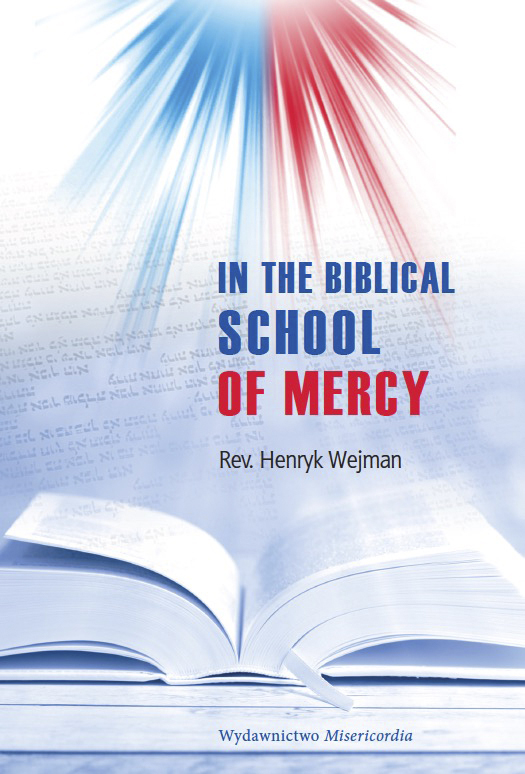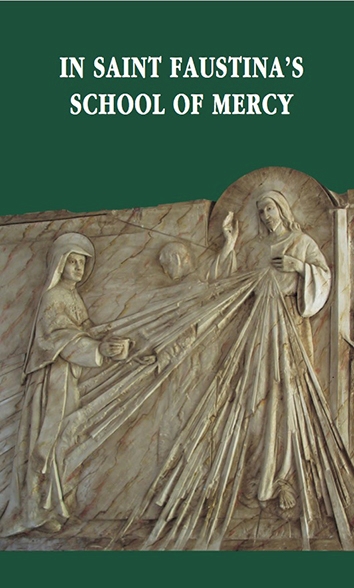
In the Biblical School of Mercy
Rev. Henryk Wejman
In today’s world, on which the constant grip of violence and hatred leaves an imprint, man lives in fear and a sense that a dangerous threat is looming. He fears not just the outbreak of a nuclear conflict or a biological disaster. Above all he fears the great variety of manipulation techniques that may be used against himself by another man, who having a vast number of instruments of civilization at his disposal is in a position to limit his freedom, to make it impossible for him to declare his worldview or speak the truth and may even corrupt his conscience by stifling his sensitivity. Protecting himself against all these, he searches unceasingly for an escape from these dangers. At times he takes recourse to the law of interpersonal solidarity, at other times to the values of social justice. However, neither the one nor the other – as life’s experience teaches – can guarantee him a sense of security. Therefore, neither of them can give him the assurance of inner peace. However, there is such a value – demonstrated by St. Faustina Kowalska in the previous century – that is able to heal all his fears and anxiety. It is divine mercy. Humankind will not find peace – she reminds us with the words of Christ spoken to her at one of His revelations – until it turns to My mercy with trust (Diary 300).
The Beauty and Richness of Mercy
Today, many people tend to associate mercy with weakness, leniency, or a disregard of justice. Mercy thus understood cannot fascinate us, nor can it shape healthy interpersonal Christian relations. That is why it is necessary today to discover the beauty and richness of authentic mercy, which is the peak of Christian perfection. The study of the topics presented in this publication should help all apostles of Divine Mercy to reach Christian perfection, particularly those who follow in the footsteps of Saint Faustina.
In Saint Faustina's School of Mercy
At the core of Saint Faustina’s spirituality, one finds the mystery of God’s mercy. Pondering it and meditating upon it amid the everyday activities of life leads to an ever fuller trust in the Lord God, that is, to fulfilling His will as well as to assuming an attitude of mercy towards one’s neighbours. Consequently, a desire is born in man’s heart to reflect in his life this most magnificent attribute of God, which is His merciful love towards creatures. That is why, Sister Faustina recorded in her Diary: I want to be completely transformed into Your mercy and to be Your living reflection, o Lord. May the greatest of all divine attributes, that of Your unfathomable mercy, pass through my heart and soul to my neighbour (Diary 163).



